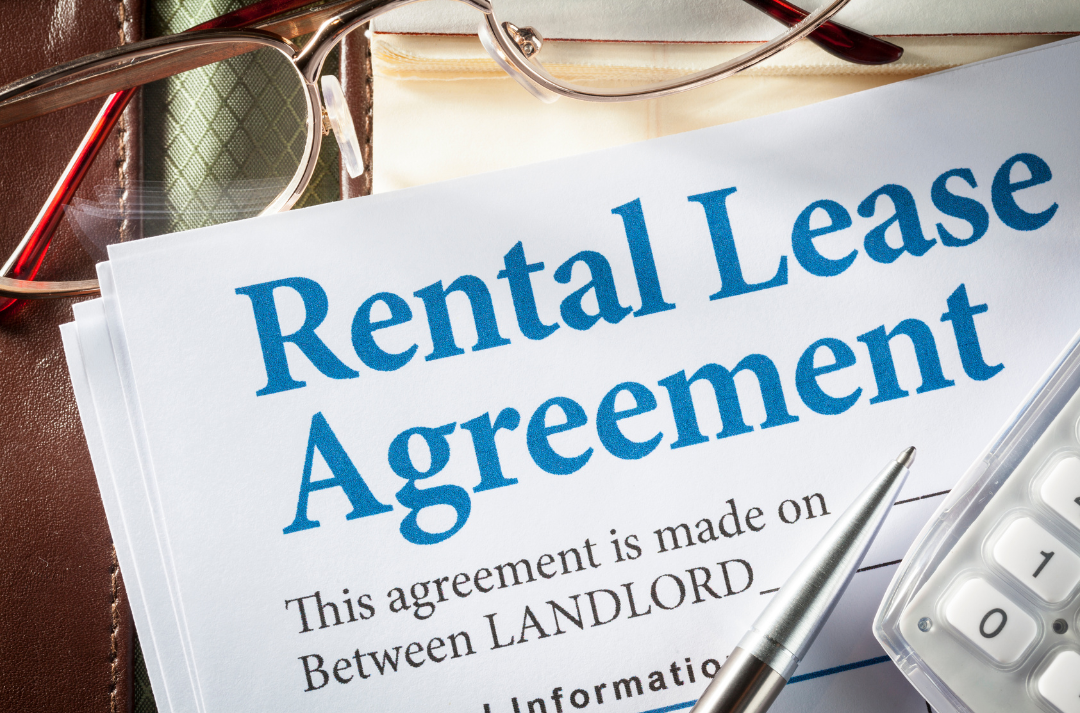Searching for a suitable apartment or house to rent can be an exciting yet challenging process. With a variety of options available, it's important to approach your search strategically and consider factors such as budget, location, amenities, and lease terms. In this article, we will provide you with valuable tips to help you navigate the local rental market and find the perfect rental property.

Determine Your Budget
Before beginning your search, establish a realistic budget for your rental expenses. Consider not only the monthly rent but also additional costs such as utilities, parking, and any required deposits. It's important to set a budget that allows you to comfortably cover your rental expenses while still meeting your other financial obligations.
Research Neighborhoods
Familiarize yourself with the different neighborhoods to identify areas that align with your lifestyle and preferences. Factors to consider include proximity to amenities, transportation options, safety, and the overall vibe of the neighborhood. Online research, talking to locals, and visiting the areas in person can provide valuable insights into the neighborhoods.

List Your Must-Haves
Make a list of your must-haves and prioritize them based on your needs. Consider factors such as the number of bedrooms and bathrooms, pet-friendliness, parking availability, laundry facilities, and proximity to schools or workplaces. Having a clear understanding of your non-negotiables will help you narrow down your search and focus on properties that meet your requirements.
Utilize Online Listings and Rental Apps
Take advantage of online rental listings and rental apps to explore available properties. Look for websites and apps allow you to filter your search based on location, price range, and property features. Set up email alerts to receive notifications for new listings that match your criteria.

Attend Open Houses and Schedule Viewings
Attending open houses and scheduling viewings is an important step in finding the right rental property. It allows you to assess the condition of the property, gauge its suitability for your needs, and ask any questions you may have. Take note of important details during the visit and compare different options before making a decision.
Understand Lease Terms and Agreements
Before signing a lease, carefully review all the terms and conditions outlined in the agreement. Pay attention to the duration of the lease, rent payment schedules, penalties for breaking the lease, and any additional fees or responsibilities. Seek clarification from the landlord or property manager on any unclear or ambiguous clauses.

Conduct a Thorough Inspection
When visiting a potential rental property, conduct a thorough inspection to ensure everything is in good working order. Check for any signs of damage, pests, or maintenance issues. Take note of the condition of appliances, plumbing, electrical systems, and heating/cooling systems. Document any pre-existing damage to avoid being held responsible for it later.
Consider Safety and Security
Prioritize your safety and security when evaluating rental properties. Assess factors such as the presence of secure entry systems, functioning locks, well-lit common areas, and the overall safety of the neighborhood. It's also a good idea to inquire about any security measures implemented by the landlord or property management.

Seek Recommendations and References
Reach out to your network and seek recommendations from friends, colleagues, or local community groups who have experience with renting in your area. Their insights and recommendations can help you identify reputable landlords or property management companies. Additionally, ask potential landlords for references from previous tenants to get an idea of their reliability and responsiveness.
Review Tenant Rights and Responsibilities
Familiarize yourself with your rights and responsibilities as a tenant. Understanding the Residential Tenancies Act or any local rental regulations will empower you to assert your rights and navigate any issues that may arise during your tenancy. Knowledge of your rights and responsibilities can also help you identify red flags in lease agreements.
Finding a suitable apartment or house to rent requires careful consideration and research. Remember to be proactive and patient throughout the process to secure the rental property that best meets your needs.

How much should I budget for renting an apartment or house?
Rental prices vary depending on factors such as location, property size, and amenities. It's recommended to allocate around 30% of your monthly income for rent and additional expenses like utilities and parking.
What if I’m looking for pet-friendly rental options?
There are pet-friendly rental options available. It is important to inquire about any specific pet policies, such as breed restrictions or additional pet deposits.
Can I negotiate the terms of the lease agreement with the landlord?
Negotiating the terms of the lease agreement is possible in some cases. It's worth discussing any concerns or desired changes with the landlord, but they are not obligated to make adjustments.
What should I do if I encounter issues with my rental property or landlord?
If you encounter issues with your rental property or landlord, it's important to communicate your concerns in writing and document any incidents or conversations. If the issues persist, you may need to seek advice from a legal professional or contact the appropriate authorities.
Are there any resources or organizations that provide assistance to renters?
The Newfoundland and Labrador Housing Corporation and the Newfoundland and Labrador Residential Tenancies Division can provide information and assistance regarding rental rights and dispute resolution.
Posted by Infinity Admin on

Leave A Comment